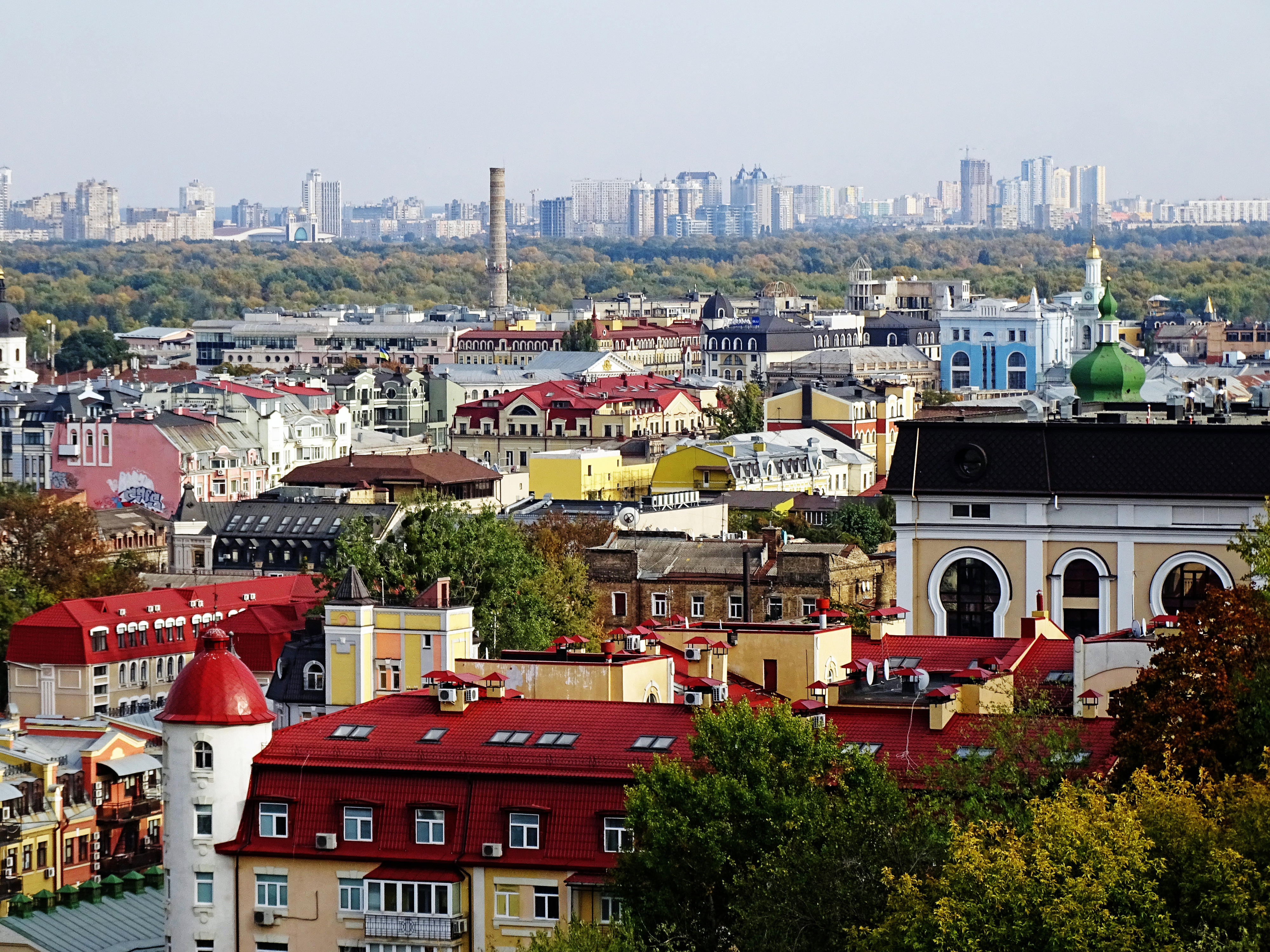Solidarity with the people in Ukraine German Development Minister Schulze in Odessa: Germany is standing with Ukraine in its reconstruction
Development Minister Schulze said: “Despite the terrible – yet for them commonplace – threat that they are facing because of Russia’s war of aggression, Ukrainians are demonstrating remarkable strength and resilience. The people here are not giving up. Instead they just keep on repairing the damage caused by the war. Supplies of electricity, heat and water, especially now in the depths of winter, will play a decisive role in helping the people of Ukraine maintain their resistance during this war. That is why Ukraine doesn’t just need weapons, it also needs civilian support in order to stay strong. Ukraine is already making a start on rebuilding, because it believes in a better future. I have come here with a message which says: Germany is at your side in solidarity, because our goal, too, is a good, European future for a free Ukraine.”
On Thursday, the Minister visited four projects in and around Odessa which show a range of different facets of the reconstruction: When she visited a warming centre - or point of resilience, as it is called in Ukraine - in a small community, Minister Schulze was told about the role of the municipalities, which among other things are doing sterling work hosting internally displaced persons. The reconstruction is also very much in the hands of the municipalities. In the warming centre Minister Schulze was able to see for herself that the German assistance – ranging from generators to medical equipment – has arrived and is needed. She also pledged a further 52 million euros in support for Ukrainian municipalities. That money will be invested, for example, in warming centres, generators, medical care, and functioning administrations, helping to make the municipalities fit for the crisis and beyond.
A visit to a transformer station was about rebuilding infrastructure. The substation had already been damaged by Russian shelling and repaired two times. The Development Ministry has been supporting the Ukrainian energy utility UkrEnergo in modernising the power network for many years and since the war began has also been assisting with the repair work. Now, as the reconstruction gets going, care is already being taken to make sure that the electricity grid is compatible with EU standards.
The visit to UNICEF’s Spilno Child Centre demonstrated that thought also needs to be given as part of the reconstruction to aspects other than just material damage. This Centre, which the BMZ is supporting, is helping children and their families deal with the trauma of war and their experiences as refugees. Meanwhile, a Neighbourhood Project being supported via the Forum Civil Peace Service served to illustrate the huge importance of civil society not just for social cohesion in times of war but also for the reconstruction.
Minister Schulze said: “Our German support is getting to where it is urgently needed. This is not just about the warmth provided by heating in a technical sense. Human warmth, too, is indispensable. That is why our concept involves a holistic approach covering support and reconstruction, which comprises not just strong municipalities and infrastructure but also psycho-social assistance and civil society cohesion.”
In 2022, the BMZ supported Ukraine with around 600 million euros for development cooperation activities. In 2023, in addition to the 52 million euros pledged by the Minister during her visit, considerable further funding will be committed.
German Development Minister Svenja Schulze and Ukrainian Deputy Prime Minister for Reconstruction, Oleksandr Kubrakov, at the port of Chornomorsk.
Another stop on the programme for the visit to Odessa was the port of Chornomorsk, from where Ukrainian grain is being shipped under the auspices of the World Food Programme (WFP) to help fight the hunger crises in developing countries. Grain exports are a central factor in Ukraine’s economy and these exports are vital for the survival of many developing countries. The restrictions placed on Ukraine’s shipping last year due to the war have had dramatic consequences for global food security. Despite all of its own challenges, with the initiative “Grain from Ukraine” and supported by the United Nations, Ukraine has donated wheat for developing countries. This initiative is being supported by the German government.
Minister Schulze said: “Germany stands firmly with Ukraine. But we are not losing sight of the rest of the world, either. That is something else which connects us with Ukraine. Putin is using hunger as a weapon, taking the Global South hostage. We are working on answers for food security. So is Ukraine. The fact that deliveries of grain are once again possible is good for everybody – for the developing countries, for us Europeans, but also for Ukraine itself, as agriculture is the backbone of its economy.”


